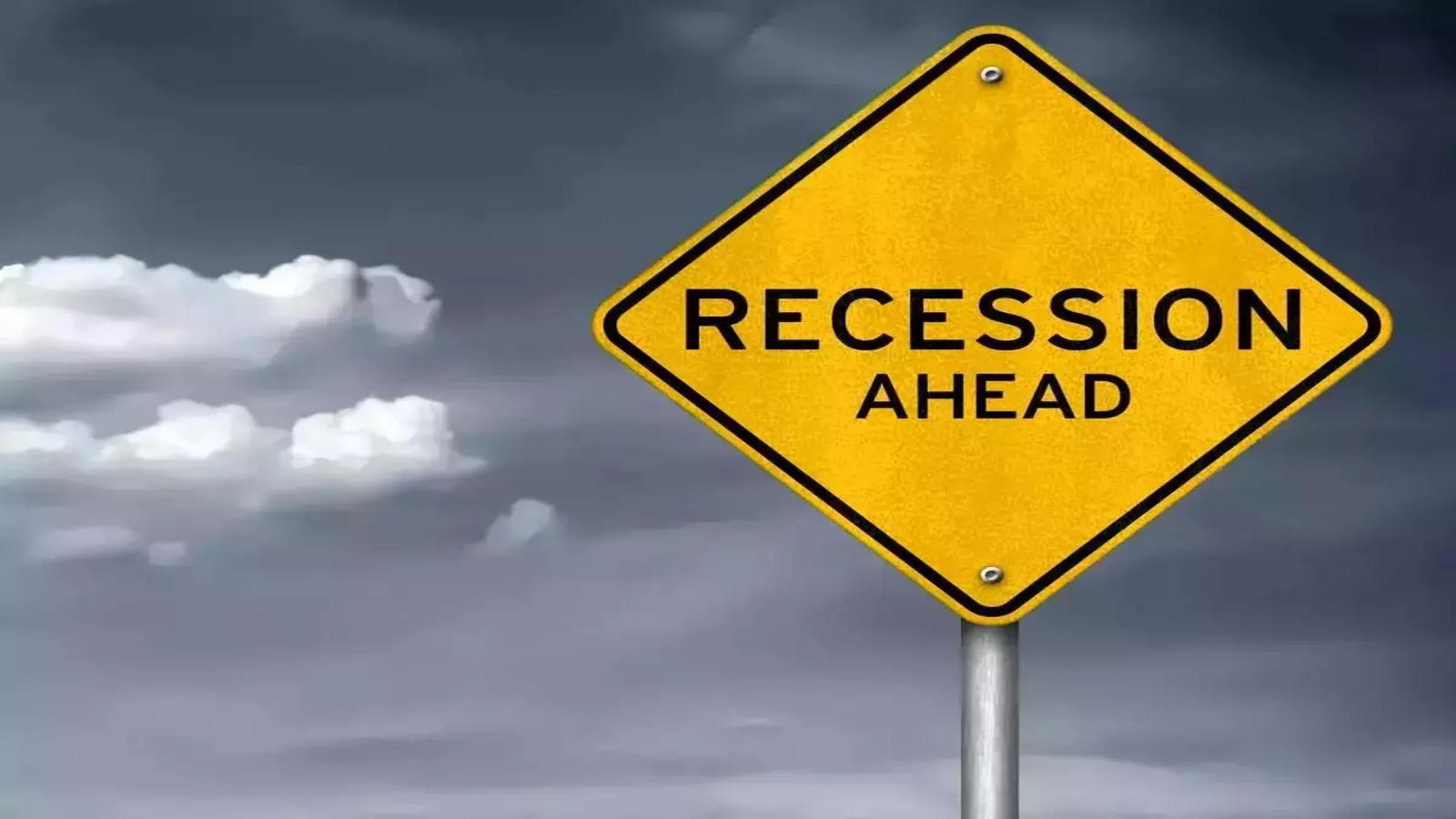A Debate: Are Recessions Good or Bad for the Economy?
Resolution: Recessions Are Bad for the Economy
Affirmative Position: Recessions Are Harmful to Society and the Economy
Opening Statement:
A recession is defined as a period of significant economic decline, typically recognized after two consecutive quarters of negative GDP growth. The negative impact of recessions on individuals, businesses, and governments cannot be overstated. Recessions lead to widespread unemployment, reduced consumer confidence, economic stagnation, and social distress. The human cost, coupled with the economic inefficiencies created during a downturn, results in long-term damage that is difficult to recover from.
Argument 1: Recessions Lead to Rising Unemployment and Reduced Incomes
One of the most direct and immediate consequences of a recession is job loss. As businesses face declining revenues, they reduce their workforce to cut costs, leading to layoffs. This rise in unemployment reduces household incomes, further decreasing consumer spending, which prolongs the economic downturn. As people lose their jobs, they are forced to draw on savings or rely on government assistance, which stresses the social safety net and reduces overall economic activity.
Argument 2: Declining Consumer and Business Confidence
Recessions are typically accompanied by a sharp decline in consumer and business confidence. As uncertainty grows, consumers reduce spending, save more, and avoid large purchases. Businesses delay investments, scale back expansion plans, and cut costs. This “wait and see” approach fuels a cycle of reduced demand, further deepening the economic slowdown. When businesses lack confidence in the future, they delay hiring, investing in innovation, or taking on new projects, which exacerbates the recession.
Argument 3: Social and Mental Health Impacts
The social consequences of a recession are severe. As unemployment rises, financial stress increases, leading to widespread anxiety and depression. The uncertainty surrounding the economy can cause strain on families, mental health, and community stability. Additionally, those who are already marginalized, such as low-income individuals and minorities, are disproportionately affected. This leads to increased inequality, creating a wider gap between the rich and poor.
Argument 4: Global Ramifications and Financial Contagion
In today’s interconnected global economy, recessions do not remain isolated to one country. A slowdown in one major economy can ripple across the globe, reducing demand for goods and services and leading to widespread economic hardship. This creates a feedback loop in which even countries not initially affected by a recession in another region experience a downturn due to declining exports, reduced foreign investment, and financial instability.
Conclusion of Affirmative Position:
In summary, recessions are destructive and should be seen as an economic disaster. They lead to rising unemployment, declining consumer confidence, social unrest, and global financial instability. The social and economic costs far outweigh any potential benefits. Sound economic policies should focus on preventing recessions, not tolerating them as part of a natural cycle.
—
Negative Position: Recessions Are a Necessary Correction for Economic Health
Opening Statement:
While recessions are undoubtedly painful in the short term, they serve as a necessary correction in the economic cycle. They help prevent the economy from overheating, cleanse inefficient companies from the marketplace, and spur innovation by forcing businesses to adapt. Far from being purely negative, recessions can provide long-term benefits by creating a more resilient and balanced economy.
Argument 1: Recessions Cleanse Inefficient Businesses
One of the main functions of a recession is to remove weak or inefficient companies from the market. During boom periods, businesses can grow unsustainably, taking on too much debt or expanding beyond their means. A recession forces companies to re-examine their business models, eliminate excesses, and either become more efficient or exit the market. This “creative destruction” allows stronger, better-run businesses to thrive, leading to a more dynamic and competitive economy.
Argument 2: Recessions Prevent Economic Bubbles
During periods of prolonged growth, asset prices, such as real estate and stocks, often become over-inflated, leading to bubbles. When these bubbles burst, the resulting financial crash can be far more damaging than a regular recession. Recessions serve as an early warning system that corrects asset overvaluation before it spirals out of control, preventing even greater long-term damage to the economy.
Argument 3: Recessions Spur Innovation and Efficiency
Economic hardship can force businesses and industries to innovate. When resources are limited, companies must become more efficient, develop new technologies, or create novel products to survive. These innovations often lead to increased productivity and economic growth in the long run. Recessions also push companies to focus on what truly adds value, leading to a more efficient allocation of resources in the economy.
Argument 4: Recessions Encourage Responsible Consumer Behavior
During a recession, consumers become more price-conscious and discerning. This shift in consumer behavior forces companies to provide better value, focus on customer service, and innovate to retain business. The heightened competition during a recession often benefits consumers by creating more affordable and higher-quality products and services.
Conclusion of Negative Position:
Recessions, while challenging, are a necessary and even beneficial part of the economic cycle. They help correct over-inflated markets, remove inefficient businesses, spur innovation, and foster more responsible consumer behavior. Rather than fearing recessions, we should view them as opportunities for renewal and long-term growth. Proper management and policy responses can mitigate their short-term pain, while allowing the long-term benefits to emerge.
—
Rebuttals
Affirmative Rebuttal:
While the negative team argues that recessions help cleanse inefficiencies and encourage innovation, the immediate harm to individuals, families, and businesses cannot be overlooked. Job losses, mental health crises, and rising inequality can take years, if not decades, to recover from. The potential for innovation and efficiency gains are not worth the widespread social and economic pain. Preventing recessions or minimizing their severity is far more important than accepting them as inevitable.
Negative Rebuttal:
The affirmative side focuses heavily on the short-term pain of recessions but fails to recognize that long-term economic health requires periodic corrections. Without recessions, economies risk overheating and creating bubbles that can lead to even more devastating crashes. By removing inefficiencies and forcing innovation, recessions pave the way for stronger, more sustainable growth in the future. Rather than preventing recessions, we should focus on managing them effectively to harness their benefits.
—
Conclusion of the Debate:
The affirmative team emphasizes the significant harm caused by recessions, including job loss, financial instability, and social inequality. The negative team acknowledges these challenges but argues that recessions are necessary for correcting economic imbalances, driving innovation, and promoting long-term growth. Ultimately, this debate highlights the complexity of recessions and whether their short-term pain can be justified by potential long-term gains.
In conclusion, the resolution stands with the understanding that while recessions have some benefits, the overwhelmingly negative social and economic impacts make them bad for the economy. Preventing or minimizing recessions should be a priority for sound economic management.




